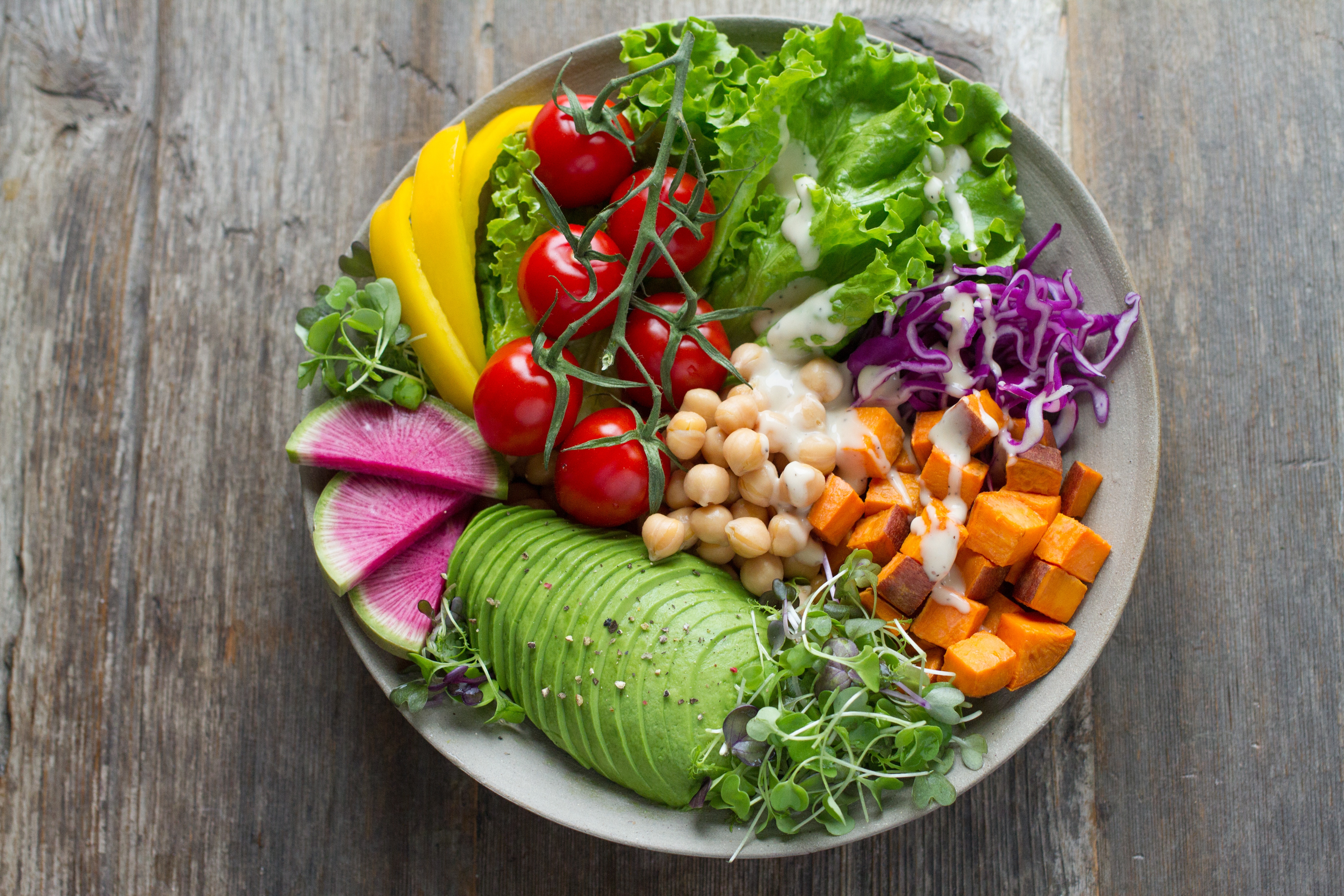Getting proper vitamin and nutrients can seem challenging when you choose to be a vegetarian or vegan. Over time you learn to become very creative with your food choices.
Being Vegetarian or Vegan has many health benefits. Some of the benefits include lower cholesterol, lower blood pressure, decreased risk of diabetes and heart disease.
To me, being vegetarian meant one that does not consume meat or fish, but today there are different levels of vegetarians. Some consume eggs, and dairy and Vegans are the strictest types as they don’t intake meat, fish or any products from animals.
Myself, I have been a “vegetarian” for the past 11 years. I consume fish, eggs, and cheese. After learning about the different types of vegetarian levels so to speak, I realized that I am a Pescatarian (not Presbyterian as I keep saying….. please don’t laugh at me lol).
Before getting into the seven essential vitamin and nutrients boosters needs for Vegetarian, take a look at the different levels of vegetarians.
Types of Vegetarians
Lacto Vegetarian
•No meat or meat by-products (gelatin, animal broths), No animal by-products (eggs, dairy, honey)
Ovo Vegetarian
•No meat or dairy by-products (milk or cheese): they do consume eggs
Lacto-Ovo Vegetarian
•No meat: they do consume dairy and eggs
Pollotarian
•No red meat ( beef, lamb, pork, venison): they consume poultry, eggs, and dairy
Pescetarian
•No poultry red meat(beef, lamb, pork, lamb, venison): they do consume fish, seafood, dairy and eggs
Vegan
•No meat, meat by-products (gelatin, animal broths) or animal by-product (eggs, dairy, honey)
7 Key Nutrient and Vitamins
Protein
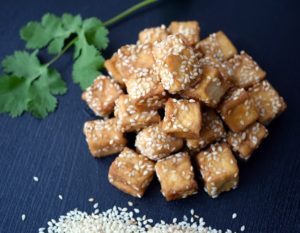
Whenever I mention to anyone that I am a vegetarian, the first question that I get asked is “where do you get your protein from?”. Many people still believe that you can only get your protein from meat resources. Protein needs may be easily achieved by consuming non-meat sources such as plants.
When making the switch to a vegetarian diet, it is imperative to plan how you will replace animal-protein to plant-protein. Protein is the building block of life. Protein is essential as it helps the body to repair and make new cells in your body. Great plant-protein sources are seeds, nuts, legumes, beans, soy, grains dairy and eggs.
A quick way to calculate your daily protein needs is by taking your current weight in pounds and dividing it by 2.2. This gives you an estimate of the amount of protein you need to consume on a daily basis.
Vitamin D

Photo by Marko Blažević on Unsplash
As a vegetarian or Vegan, the sources of Vitamin D is very limited but readily available. Natural sunlight is the best source of Vitamin D. Our body produces Vitamin D when exposed to the sun. If you do not live in a tropical climate, you are at a disadvantage in getting enough natural vitamin D exposure.
Today we are lucky that Vitamin D is added to many of our foods. Vegetarians can help boost their daily intake by eating vegetables like mushrooms, orange juices fortified with Vitamin D and soy products like yogurt fortified with Vitamin D.
Vitamin B12
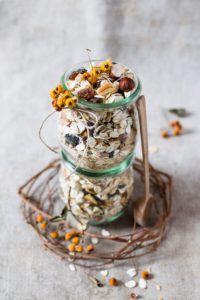
Photo by Monika Grabkowska on Unsplash
Vegetarians and vegans especially are at risk for Vitamin B-12 deficiency. Vitamin B-12 is crucial because it plays a roll in the growth of red blood cells and maintains your nervous system. The lack of Vitamin B-12 can cause red blood cell abnormalities called macrocytic anemia.
Daily intake of Vitamin B-12 is important. Making sure you get enough Vitamin B-12 in your diets is essential. Eggs and dairy are good sources if you eat these. If you are vegan, you can find vitamin B-12 in fortified vegan products like cheese, yogurt, non-dairy drinks, cereals, nutritional yeast, veggie burgers, and veggie meats.
Calcium
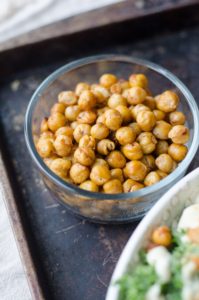
Photo by Deryn Macey on Unsplash
Calcium is mineral that is important for bone growth and overall health. For vegetarians and Vegans who do not consume any form of dairy or milk products, it can be a concern. Calcium is found in plant-based products, but you need to eat more servings of it to meet your daily requirements.
Keeping your bodies bone-building abilities at its best is beneficial. This can be achieved by including non-dairy calcium foods into your daily routine. These foods include plant-based foods such as chickpeas, dried figs, calcium-rich tofu or soy cheese, cereals and orange juice.
Iron
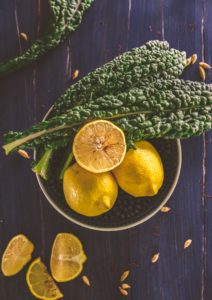
Photo by Helena Yankovska on Unsplash
Iron is a fundamental part of hemoglobin that transports oxygen in your blood from your lungs to the cells in your body. There are two forms of hemoglobin, the heme and non-heme.
Heme is better absorbed and is available in meats, poultry, and fish. Non-heme is not as readily absorbed and are found in all plant-based sources. This is why it is essential for vegetarians and vegans to focus on keeping their iron intake at optimal levels.
Selecting iron-rich plant-based foods will help to boost iron absorption. These foods include legumes, fortified vegetables, nuts, prunes, grains, kale, and broccoli. Ingesting iron-rich foods along with foods that are rich in Vitamin C will increase iron absorption.
Omega 3 Fatty Acids
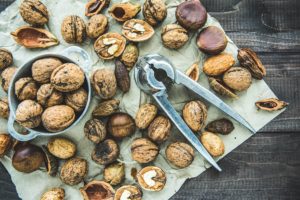
Photo by Mira Bozhko on Unsplash
According to research studies, Omega-3 fatty acids have plenty of health benefits. Omega-3’s help aid in the healing process. They help with inflammatory diseases, lower the risk of coronary heart disease, decrease blood pressure, minimize arthritic joint pain and protect against imbalances of the brain.
Omega-3’s are found in high amounts in fatty fish like salmon. Depending on the type of vegetarian level you practice getting the proper daily intake can be a struggle. If fish is not an option, incorporating plant-based foods that are high in omega-3’s can help increase your levels. Ground flaxseed or flaxseed oil is one of the best options. Soybean, walnuts, Hemp oil, olive oil, soybeans and its oils are other options that can you can add to your diet.
Zinc
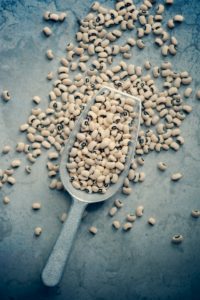
Photo by Jasmine Waheed on Unsplash
Vegetarians need to get the adequate amount of zinc in their diets. Zinc is essential for metabolism as it regulates enzyme activity, cell communication and hormone production.
This mineral also helps in the healing process as well as boosting your immunity. Plant-based foods that contain zinc has a lower absorption level that the zinc found in animal products. For this reason, vegetarians tend to need more zinc in their diet than those who are non-vegetarians.
To increase zinc absorption daily, vegetarians should try adding zinc-rich foods to their daily routine. Some of these foods include vegetarian “meats,” tofu, wheat germ, whole grains, legumes, nuts, and seeds. Eggs and dairy products are also an option if desired.
A great way to increase the absorption of zinc in plant foods is to soak legumes, beans, and nuts overnight. Sprouting of green and brown French lentils are higher in zinc content than fully matured lentils, and they also have more health benefits.
These are seven essential vitamins and nutrients that are important for vegetarian and vegan diets. Supplements are also an option if you feel that you are not getting the proper intake of any of the listed nutrients. The best way to know your levels is by getting them tested by your doctor. Always remember to check with your family physician before taking any supplements.
Let’s continue to stay healthy.
![]()
